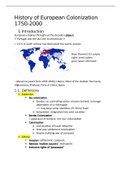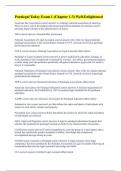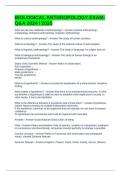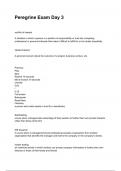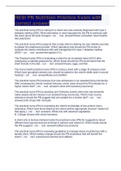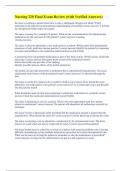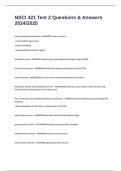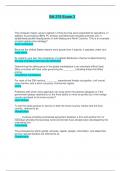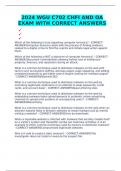Resume
Samenvatting History of European Colonization
- Établissement
- Katholieke Universiteit Leuven (KU Leuven)
Dit document is een gestructureerde, overzichtelijke samenvatting van de lessen van professor Idesbald Goddeeris met betrekking tot het vak History of European Colonization. De samenvatting bezorgde me een 17/20 op het examen. Het bevat zowel de slides, als nota's en belangrijke kaarten en afbeeldi...
[Montrer plus]
